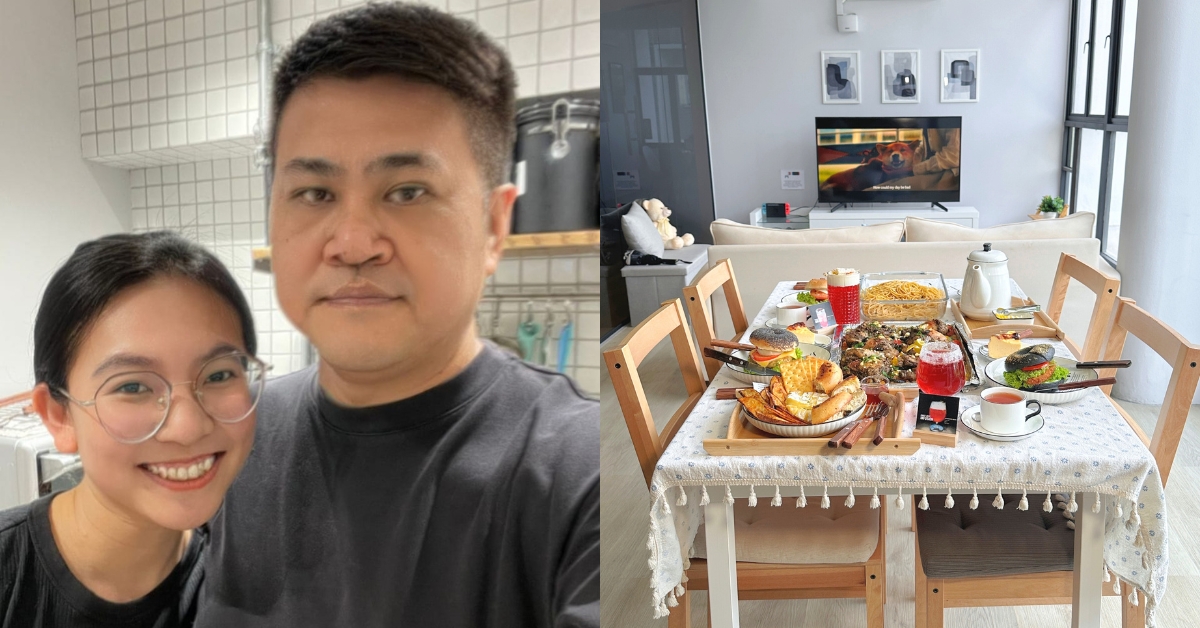It is a very emotional time for Singaporeans. With the death of ex-PM Lee Kuan Yew, the country is in a state of mourning and distress. And it’s no wonder — he has long been the face behind the Singapore movement, the unifying force behind the growing pains that Singapore has gone through. Many Singaporeans, especially those in the Pioneer generation, are feeling the ache.
With these high emotions is a vulnerability to bold reactions, and strong contention between what is ‘appropriate’ and what is not. Something as simple as asking why Singaporeans love to queue can be taken to be an insensitive and rude comment.
This phenomena is good and bad. The Singaporean, once an apathetic creature, is growing its claws and lashing out. But the victims in these scenarios have sadly been misunderstood, and on second thought, they really aren’t as bad as Singaporeans are making them out to be.
Here are three people who’ve said their piece, to the anger of many.
Teo Ser Luck
What began as a heartfelt dedication from MP Teo Ser Luck quickly began to anger people who either deemed this dedication an inappropriate tribute, or a unimpressive one. With the romance of flowers and handwritten notes being the norm, Teo Ser Luck’s self-invented workout seems to jut out like a sore thumb, causing people to lash out at his tribute.
Some people from the CrossFit community were quick to come to his defense, explaining the motivation behind this dedication. As Josh Goh, one of the commenters on Teo’s Facebook post shared, the act of naming CrossFit workouts came from a tradition of honouring “Fallen Heroes who gave their lives to keep us and our country safe”. They are purposely tailored to be difficult, so as to honour your Hero with your best efforts.
Seems pretty apt to me.
Jeraldine Phneah
From a blogger who has been unapologetic about the frankness of her posts, Jeraldine Phneah’s latest viral hit was a post about Lee Kuan Yew, and why she would not be THAT sad about Lee Kuan Yew’s death. Its insensitive title, in my opinion, probably did most of the work, and coupled with bad timing (a mere two days before his death), this article went viral for all the wrong reasons.
People began lashing out at her for her comments, which she later addressed in a followup article. Yet, if you look at the article closely, it is an opinion piece with facts substantiating each point she makes. Granted, her cynical stance towards politicians in general, and by extension Lee Kuan Yew, probably made LKY fans less sympathetic to her stance, but the rest of her article supports a point that many have voiced out.
Yes, Lee Kuan Yew is a great man. Yes, Singapore would have been vastly different without his contribution. But we should only give credit where credit is due. A great step-by-step evaluation of her article can be found here.

She has since changed the title of the blogpost, but the blogpost still stands, as do her sentiments behind it.
Crystal Abidin
In the midst of a social media uproar, Crystal Abidin took it upon herself to analyse it. While not usually in the spotlight as Phneah and Teo are, she took a hit with her viral blogpost: “Mr Lee Kuan Yew and the spectacle of death: The first twelve hours on social media“.
In it, she collated and analysed responses to the news of Lee Kuan Yew’s death. It’s not a surprising thing for her to do: after all, it is what she does as a 4th year PhD Candidate in Anthropology & Sociology. Most of her analyses would probably go over your head, but the gist of the whole article is summarised in her conclusion:
“And this is how histories become selectively myopic,
sympathetic populism reigns,
collective effervescence kicks in,
and gods are made.”
What angered the masses was probably the reduction of their grief and sadness into cold terminology like “populist memory-making in progress”, and the great efforts of queueing under the hot sun to see Mr Lee for the last time as “mobilizing collective effervescence”. It’s pretty uncomfortable under the microscope, and being one of the many people sharing and publishing content on Mr Lee, I can definitely testify to that.
But if you look closely at her article, you would see that Abidin does what most scholars do well — they detach themselves from the situation to understand the world from a different point of view. She has not been trained to be a romantic on the Internet, and she is unlikely to gush over Mr Lee’s family life or the love he had for his wife. If you, too, are able to detach yourself from the current wave of emotions and understand her article from an academic’s perspective, you would find it quite illuminating.
In response to the hate that she received, she responded in the same academic way, saying: “Watching the mutation of the public discourse in the comments section was intriguing. It was like an organic emergence of publicly-archived social commentary and sentiment in real time.”
Got it. Moving on.
Verdict
In sadness, it is easy to feel hate for those who are unable to empathise. The world seems crueler and harsher, and we respond in the way we know best — violently. But it is at this point that we can clearly understand the concepts of free speech. When does liberty end and offense begin? How are we to account for sensibilities while saying our piece?
Could these people have done things better? Perhaps. But in the ruthless, borderless world of the Internet, how are we to gauge our words — and in the end, should we bother?
Especially at a time when emotions run high, it’s important to understand that we all feel in varying ways and degrees. In the end, perhaps it’s easier (and less taxing on our blood pressure) to simply say, “So they don’t feel as sad as I do” and move on.
And maybe do a bit of research (poor Ser Luck).













